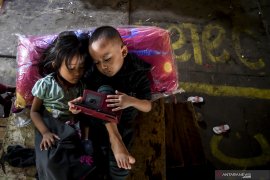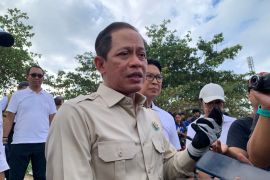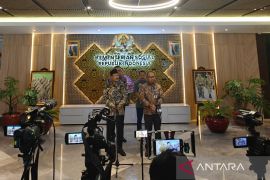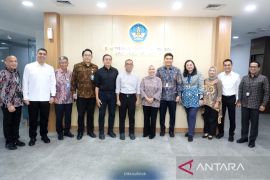"The concept of development has been set up. It is planned that statues of Nehru and Soekarno will be built. The construction of the village is to cost around Rp400 billion. Investors are ready," Yayat said here on Thursday.
He explained that of the land areas, 300 hectares will be used for the preservation of the tea plantation.
In addition, about 40 hectares will become a mini park and about 10 hectares will be the tribute site for the originator of the Asian African Conference (AAC), such as a statue of Soekarno and other AAC figures.
According to Yayat, the history of Asia and Africa is part of the world history that should be remembered. The Asian-African Village is one way to remember AAC, which will also develop tourism in West Java.
Yayat said the Asian-African Village will be built in the form of an urban forest. "This village is a miniature of Asian and African countries," he said.
West Java Governor Ahmad Heryawan said he hoped the construction of the Asian-African villages, as mandated in the Asia-Africa Conference 2015 recommendations, could be realized in line with the development of the Walini area.
The first Asian-African Conference in 1955 marked an important milestone in the history of cooperation amongst Asian and African countries. Delegates from 29 participating countries gathered in Bandung, Indonesia to discuss peace, security, and economic development, in the midst of emerging problems in many parts of the world.
In commemorating the 60th Anniversary of the Asian African Conference and the 10th Anniversary of the New Asian African Strategic Partnership (NAASP), the Indonesian government hosted a series of summits under the theme, "Strengthening South-South Cooperation to Promote World Peace and Prosperity" in Jakarta and Bandung from April 19 - 24, 2015.
Delegates from 109 Asian and African countries, 16 observer countries, and 25 international organizations, participated in these summits.(*)
Editor: Heru Purwanto
Copyright © ANTARA 2016











